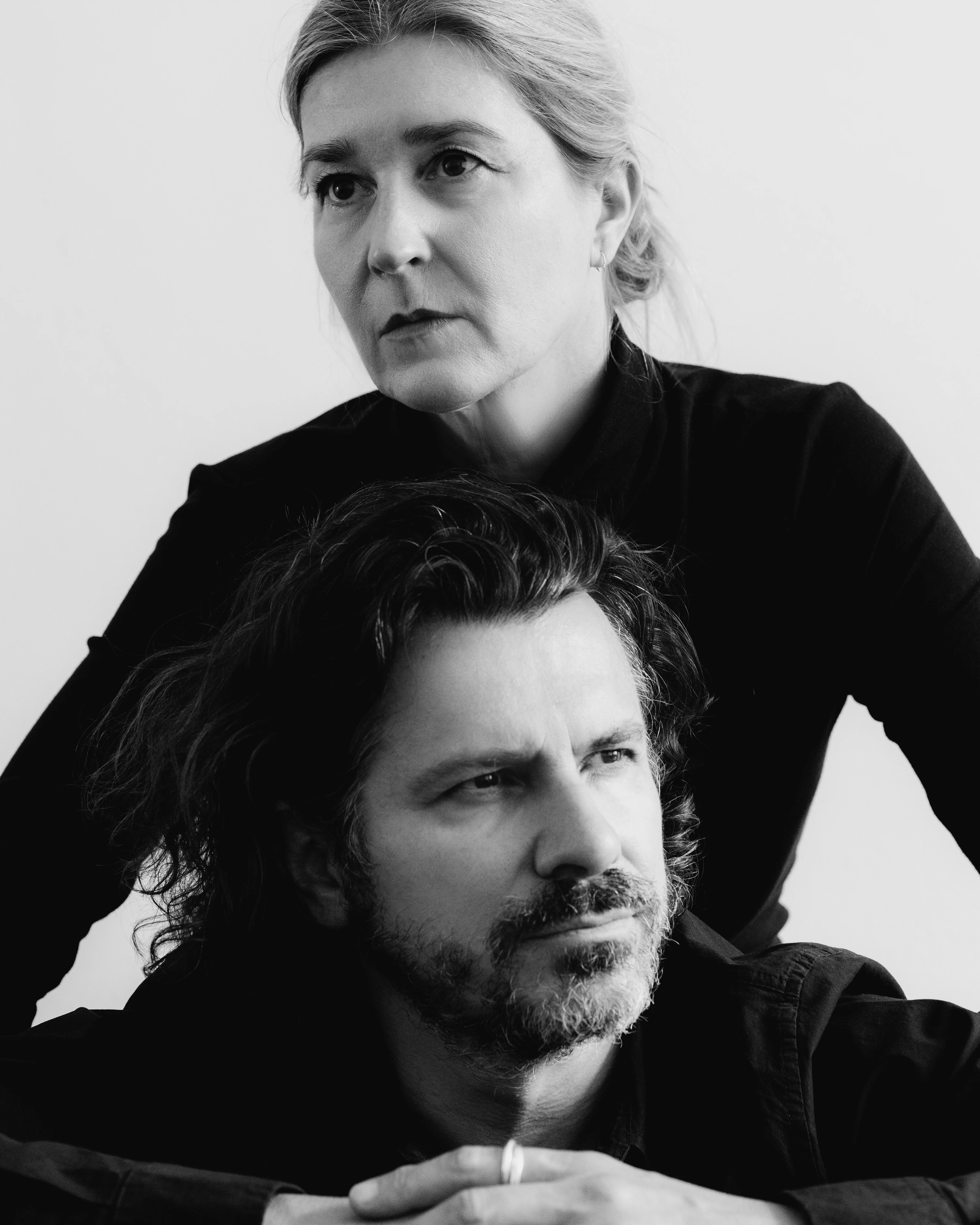
Gonzalez Haase Architects
Kastanienalle 71, Berlin, Germany
Projets de Gonzalez Haase Architects
Voir tous les projetsÀ propos de Gonzalez Haase Architects



Profile
Founded in 1999, Pierre Jorge Gonzalez and Judith Haase opened their architectural firm in Berlin and Paris. The principal practices are architecture, design, scenography and lighting. In New York working with Richard Gluckman and Robert Wilson for his Watermill Center provided first occasions to consider ways of presenting art through architecture. The interaction of lighting and architecture remains a primary focus for the conception of spatial contexts for art and art-related activities. The atelier has a well noted reputation for its involvement with contemporary artists, curators, or collectors to create the appropriate space to feature an artwork, a luxury product or a body for a performance. Examples include the well known Gallery Nordenhake in Berlin which has become a new model for gallery design, or the Andreas Murkudis Stores.
Overview:
Pierre Jorge Gonzalez and Judith Haase met in New York working with Robert Wilson. Gonzalez studied museography, set design and lighting in Paris, while Haase completed her studies in architecture in Berlin. The Berlin and Paris based firm was established after completing a full year work at Richard Gluckman’s office in New York to design the cultural center of Robert Wilson in 1999. Gonzalez Haase AAS firm provides new strategy for art related spaces or high profile design needs.
Conception:
Conceiving a contemporary art gallery or a stage design for a performance often follows the same lines. It is about eradicating the very signs and installations that overtly reveal the space as a place for exhibitions and performances- the essential factor is here the relation between lighting and construction. Another typical feature of these works is a certain spatial tension- created by the invisible traces of bodies moving through the space and by the nature of how light is perceived- that generates its own forms of construction. As is the case in architecture, these projects draw its strength from their very limitations by using the given means as primary elements. The environment, the budget, construction materials and methods are all brought together into an aesthetic play.





